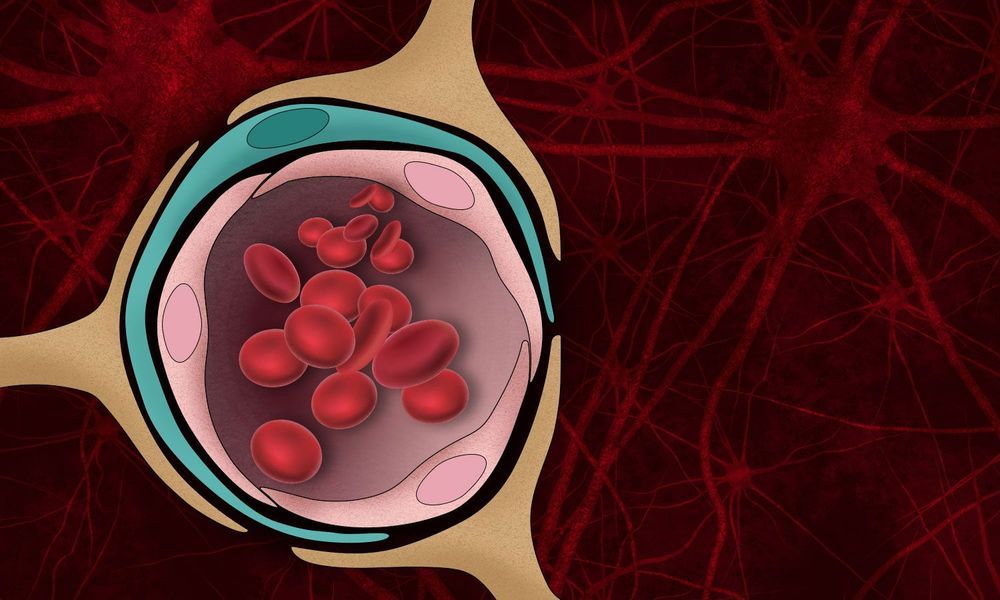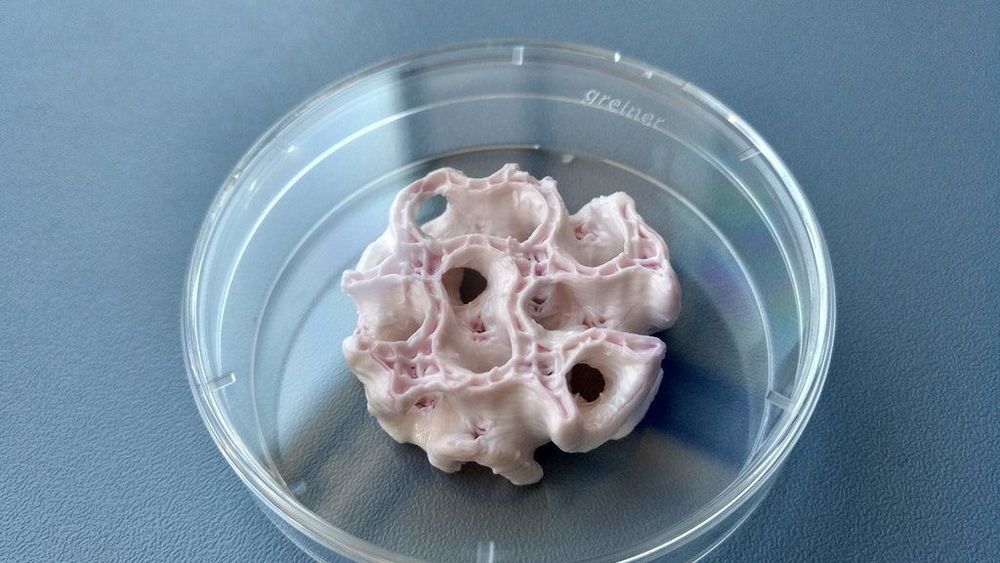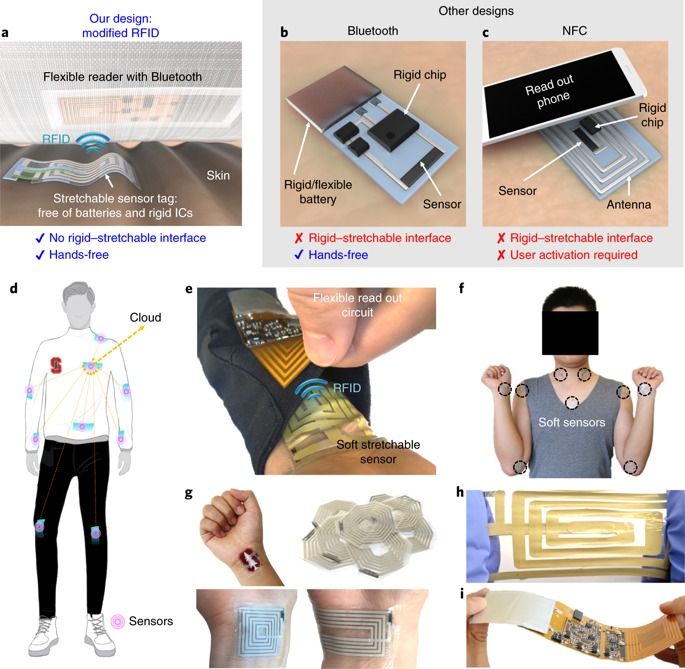Aug 19, 2019
It’s time to take the Animus out of Assassin’s Creed
Posted by Quinn Sena in categories: entertainment, futurism
The question of whether the Animus still belongs in the Assassin’s Creed series comes up with the release of each new game, but Assassin’s Creed Odyssey makes me even more sure that Ubisoft should take a simple, but obvious, step: Remove the Animus from future games completely and pretend it never existed.
People play Assassin’s Creed games to travel through time and kill a bunch of people; the framing device that explains how and why characters in our own time are themselves taking that journey has never felt so archaic and vestigial.
Continue reading “It’s time to take the Animus out of Assassin’s Creed” »


















